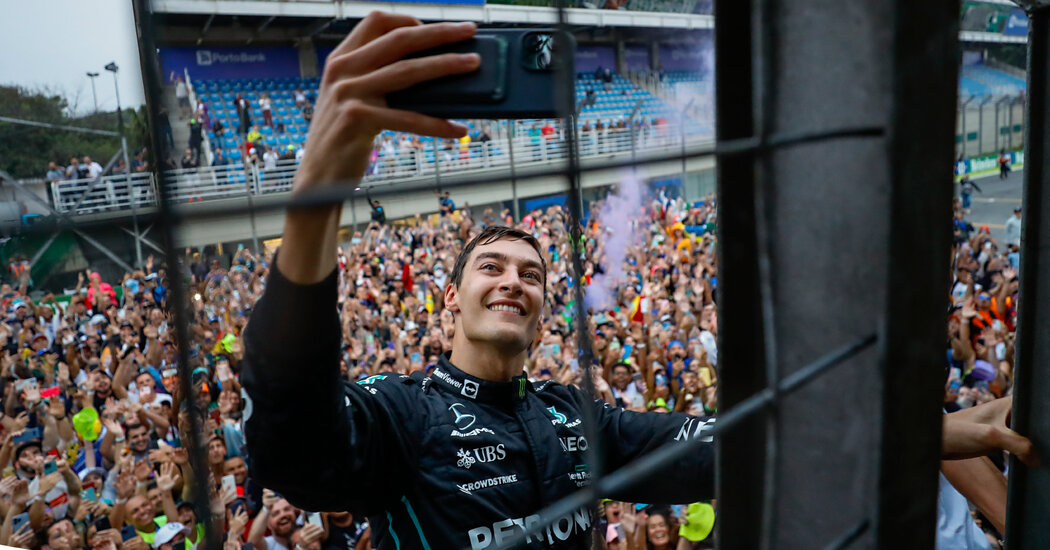
“We’ll come back from Abu Dhabi, we’ll spend the week after in the factory sorting things out and have a relatively easy week there, and then disappear for three or four weeks and have a good break.”
Toto Wolff, the team principal of Mercedes, said “everyone is really at the limit.” That has prompted discussions between the F.I.A., the governing body of Formula 1, and the teams to enforce a winter shutdown as part of the rules next year, meaning staff members would have to take two weeks off through the winter when no work would be allowed.
“I very much hope that we can do that for our staff,” Wolff said of a winter break. “For the race team that’s clocking many airline miles, that’s a positive.”
He said there would still be staff members working “flat out between Christmas and New Year” this December to get the Mercedes car ready for 2023. The same will be true for all teams. But as there is less of a change to cars for next year, redesigns won’t be significant.
“Last year was particularly difficult with a new car,” said Andreas Seidl, the team principal of McLaren. “One season just rolled straight into the next, and on the engineering side there really wasn’t much of a break. You can’t do that year after year.”
Protecting time off will be even more important next year, when Formula 1 plans to hold 24 races. But Formula 1 will still end the season in November, holding the Abu Dhabi Grand Prix on the 26th.
Charles Leclerc of Ferrari said he preferred a “very packed season, starting late and finishing early.” His sporting director, Laurent Mekies, said the calendar was “very well done for next year” by ensuring that it still finished in November.
“Everybody will need to recharge, the team members and the drivers, getting ready for two more next year,” Mekies said. “If you add that with the enthusiasm that we see out there with the fans, and all the energy around the races, we are all going to go and rest, recharge and come back excited for next year.”